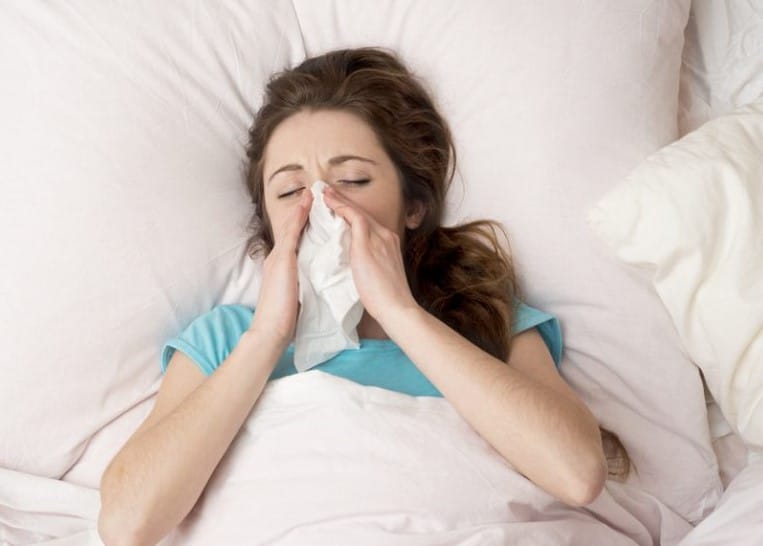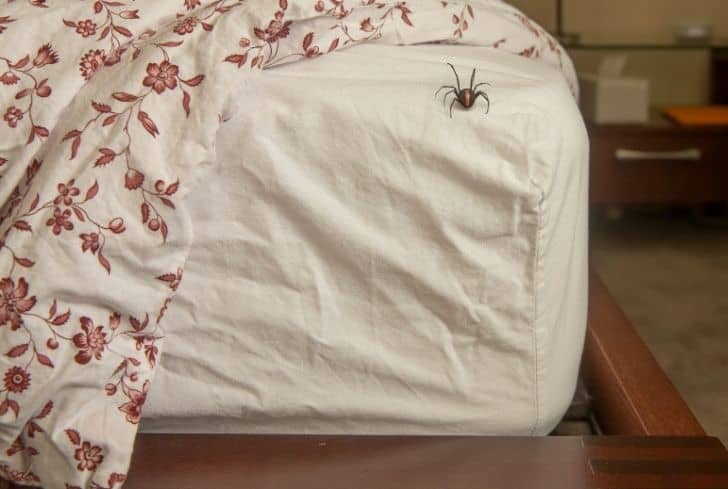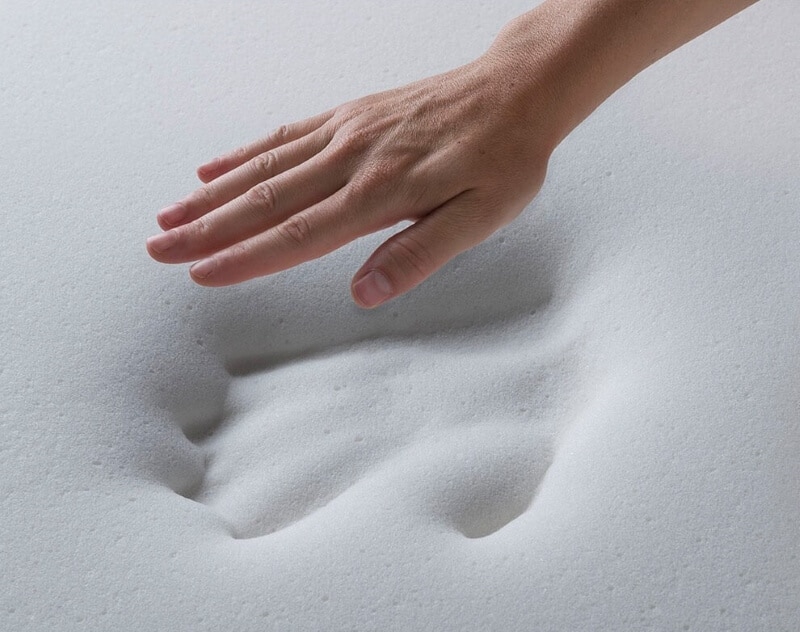

Most people tend not to think about how they breathe. A normal person will breathe in air and breathe it out through the nose. And as this occurs, the nasal passages work to warm and moisten the air that is breathed in.
However, some people do not breathe in and out through the nose. Instead of breathing through the nose, they breathe with their mouths. This is known as mouth breathing. If you face this predicament, we will show you how to stop mouth breathing. Apart from showing you how to stop it, we also consider the causes and symptoms of the problem. Read on to educate yourself.
First, what is mouth breathing? The term is just as implied – breathing through the mouth. While most people breathe normally through the nostrils, mouth breathers breathe through their mouth. Some people have a medical condition that causes this, while others might breathe through the mouth because of a temporary illness.
Either way, it feels uncomfortable for the sufferers. Also, mouth breathers tend to make more noise than is necessary when asleep or even when awake, which can be irritating if they are around others.
If you have this problem, there is no doubt that you really dislike it and would welcome any solutions that can help.
There are several health conditions, for example, sleep apnea and other risk factors that can lead to mouth breathing. Some of these include:
Aside from the reasons that we have listed, it can also be caused when the tongue is tethered in the mouth more than is normal. This might cause the sufferer to find it hard to move the tongue, which in turn results in mouth breathing.
Mouth breathing is bad, especially if you have problems like asthma. According to a study Trusted Source Enforced mouth breathing decreases lung function in mild asthmatics Background and objective: Nasal breathing provides a protective influence against exercise-induced asthma. We hypothesized that enforced oral breathing in resting mild asthmatic subjects may lead to a reduction in lung function. onlinelibrary.wiley.com , mouth breathing can exacerbate asthma that is induced by exercise. This problem arises because the air that you breathe in isn’t warmed or moistened by the nasal cavity.
Apart from people that suffer from that type of asthma, mouth breathing also poses a problem for people that have sleep apnea. Because of mouth breathing, they might sleep in a bad position that does not support breathing. Thus, they will likely find it hard to breathe when sleeping, which in turn will not allow them to sleep well.
There are visible signs that a person is a mouth breather. Let’s see some of them.
First of all, a person that has this problem will usually appear open-mouthed, even if they don’t mean to.
Another symptom is that their breathing sounds will be audible to others. They might also eat loudly to make up for not breathing with their nose. Therefore, they might have problems with eating.
Perhaps the biggest symptom that is common to mouth breathers is their bad breath. When a person breathes with the mouth, there is a bigger chance of their mouth drying up. A dry mouth is highly susceptible to bad breath.
Other symptoms include:
With all that we have discussed above, it is clear that mouth breathing is more than just a social problem – it also poses health challenges.
To that end, you are certainly going to look for solutions to the problem. In this section, we offer practical steps and advice that can help anyone with this problem successfully overcome it.
There are several ways that you can use to stop mouth breathing. One of these is by practicing proper breathing. It sounds simple, but trust me, it can go a long way to helping you to overcome your mouth breathing problem.
Therefore, frequently practice breathing through the nose. As the saying goes – practice makes perfect- and practicing how to breathe through the nose will help you to get better at it.
By making a conscious effort to breathe normally, you will observe that over time, you will start breathing normally.
Check out why you are not breathing through the nose. Is it because your nose is blocked? If the nose is blocked, you will find it pretty tough to breathe through the nose- and you’ll end up breathing through the mouth.
Therefore, if you feel that there is a blockage in the nose, blow it out. Apart from blowing it out, another tip that has helped many is using a nasal wash to remove the blockage and other stuff that is in your nasal passage.
Once the nasal passage is clear, it would be much easier for you to breathe through your nose and eliminate mouth breathing.
Reviews have recommended the Vellux Blanket as one that will keep you warm while being free from any allergens that can lead to nose blockage.
In case you did not know, stress can contribute to mouth breathing. Studies have shown that it can be a factor that exacerbates the problem.
So what should you do?
If you don’t have a blocked nose and don’t know why you are breathing through your mouth, perhaps you should check out your lifestyle. Therefore, it is important for you to eliminate anything that causes stress in your life.
If you feel that stress is what causes your problem, take time off and engage in activities you enjoy, and that will leave you feeling relaxed. If you have no idea how to reduce your stress, you could always seek the help of a professional.
Exercise helps with so many processes in the body. It strengthens your muscles, your immune system and improves your overall health. It helps you sleep better and can help to reduce stress.
However, did you know that exercise can also help you with mouth breathing? Yes, it can. When you engage in intense exercise, or exercise that makes you breathe more, you will be forced to use all avenues to breathe – including your nose. It conditions you to breathe even deeper.
When you do this consistently, your nose will be put to work, and you will start breathing to give your mouth a break. Therefore, ensure that you engage in thirty minutes of exercise every day. The good news is that it doesn’t have to involve going to the gym. Brisk walking and jogging are some simple exercises that will improve your breathing.
Did you know that your sleeping position can make you either sleep well or not? Well, when looking to get rid of mouth breathing, you should consider the way you sleep.
Inspect your pillows to ensure that they are not making the situation worse. Many experts recommend that you use a bigger pillow when sleeping. You also want to use the pillow to adjust the height of the head in relation to the other parts of the body. The best pillows can help take the load off your mouth and transfer some of the breathing load to the nose.
Apart from using a pillow, you also need to consider the other beddings that you have in case they cause allergies that can cause nose blockages. Check out some of the best blankets here.
Myofunctional therapy is not a common form of therapy, but many who have had mouth breathing problems in the past have remarked about how effective it is. In this therapy, the focus is on exercising your facial muscles that are responsible for chewing and swallowing.
Many professionals recommend it as a means of dealing with mouth breathing and other breathing issues. With some sessions, you will learn how to control the parts of your face and head, like the tongue and nose, so that you can breathe better.
Desperate times call for desperate measures – and mouth taping is as desperate as they come. The principle behind it is quite simple – you cannot breathe through your mouth if it is physically impossible to do so.
When it becomes impossible to breathe through the mouth, your body will automatically resort to the normal way of breathing – through the nose.
So, how can you use this method? Here are some tips that can help you tape your mouth correctly and start breathing through the nose:
If your mouth breathing is caused by the way your nose is built, then these suggestions might not work. You can consult your doctor to see if any surgical procedures can help with nasal reconstruction.
Mouth breathing comes with several problems – both socially and health-wise. Therefore, it is smart to look for ways to get rid of the problem. These tips on how to stop mouth breathing that we have considered should definitely help you. Reviews have praised this pillow as one of the best that can help all types of sleepers, including mouth breathers. And if they don’t, we recommend that you see your doctor for any medication or procedures to help you.





